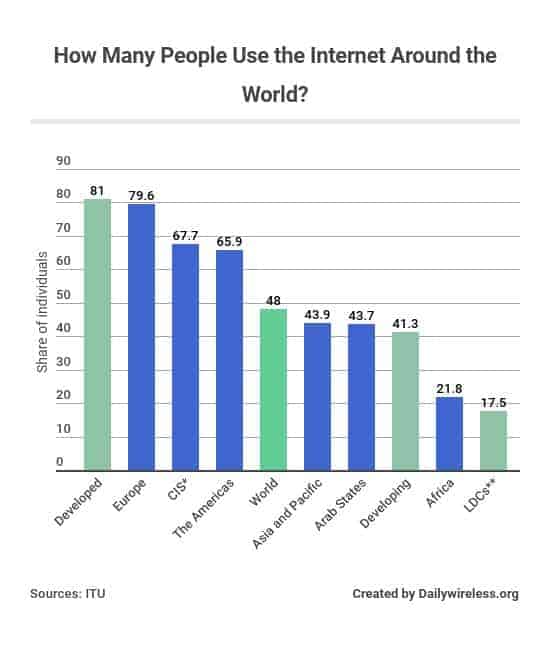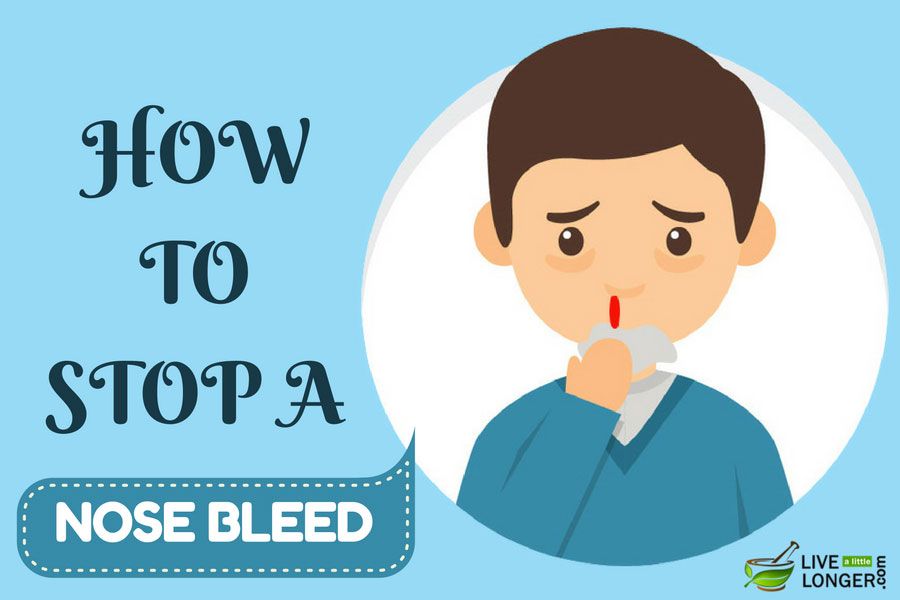Why are newborns given an injection of vitamin k
FAQs About Vitamin K Deficiency Bleeding
Since 1961, the American Academy of Pediatrics has recommended supplementing low levels of vitamin K in newborns with a single shot of vitamin K given at birth. Low levels of vitamin K can lead to dangerous bleeding in newborns and infants. The vitamin K given at birth provides protection against bleeding that could occur because of low levels of this essential vitamin.
Below are some commonly asked questions and their answers. If you continue to have concerns about vitamin K, please talk to your pediatrician or healthcare provider.
Q: What is vitamin K, and how do low levels of vitamin K and vitamin K deficiency bleeding occur in babies?
A: Vitamin K is used by the body to form clots and to stop bleeding. Babies are born with very little vitamin K stored in their bodies. This is called “vitamin K deficiency” and means that a baby has low levels of vitamin K. Without enough vitamin K, babies cannot make the substances used to form clots, called ‘clotting factors.’ When bleeding happens because of low levels of vitamin K, this is called “vitamin K deficiency bleeding” or VKDB. VKDB is a serious and potentially life-threatening cause of bleeding in infants up to 6 months of age. A vitamin K shot given at birth is the best way to prevent low levels of vitamin K and vitamin K deficiency bleeding (VKDB).
Q: Why do ALL babies need a vitamin K shot – can’t I just wait to see if my baby needs it?
A: No, waiting to see if your baby needs a vitamin K shot may be too late. Babies can bleed into their intestines or brain where parents can’t see the bleeding to know that something is wrong. This can delay medical care and lead to serious and life-threatening consequences. All babies are born with very low levels of vitamin K because it doesn’t cross the placenta well. Breast milk contains only small amounts of vitamin K. That means that ALL newborns have low levels of vitamin K, so they need vitamin K from another source. A vitamin K shot is the best way to make sure all babies have enough vitamin K. Newborns who do not get a vitamin K shot are 81 times more likely to develop severe bleeding than those who get the shot.
Breast milk contains only small amounts of vitamin K. That means that ALL newborns have low levels of vitamin K, so they need vitamin K from another source. A vitamin K shot is the best way to make sure all babies have enough vitamin K. Newborns who do not get a vitamin K shot are 81 times more likely to develop severe bleeding than those who get the shot.
Q: Doesn’t the risk of bleeding from low levels of vitamin K only last a few weeks?
A: No, VKDB can happen to otherwise healthy babies up to 6 months of age. The risk isn’t limited to just the first 7 or 8 days of life and VKDB doesn’t just happen to babies who have difficult births. In 2013, the Centers for Disease Control and Prevention (CDC) investigated 4 cases of infants with bleeding from low levels of vitamin K. All four were over 6 weeks old when the bleeding started and they had been healthy and developing normally. None of them had received a vitamin K shot at birth.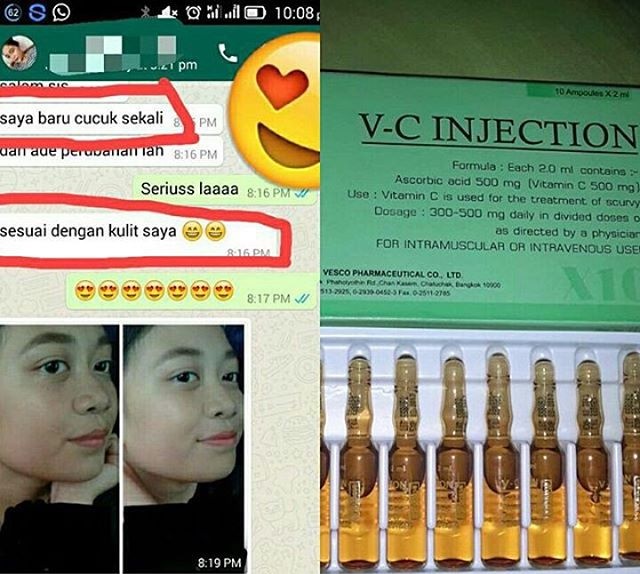
Q: Isn’t VKDB really rare?
A: VKDB is rare in the United States, but only because most newborns get the vitamin K shot. Over the past two decades, many countries in Europe have started programs to provide vitamin K at birth – afterward, they all saw declines in the number of cases of VKDB to very low levels. However, in areas of the world where the vitamin K shot isn’t available, VKDB is more common, and many cases of VKDB have been reported from these countries
In the early 1980s in England, some hospitals started giving vitamin K only to newborns that were thought to be at higher risk for bleeding. They then noticed an increase in cases of VKDB. This tells us that giving vitamin K to prevent bleeding is what keeps VKDB a rare condition – when vitamin K is not given to newborns, cases of bleeding occur and VKDB stops being rare.
Q: What happens when babies have low levels of vitamin K and get VKDB?
A: Babies without enough vitamin K cannot form clots to stop bleeding and they can bleed anywhere in their bodies. The bleeding can happen in their brains or other important organs and can happen quickly. Even though bleeding from low levels of vitamin K or VKDB does not occur often in the United States, it is devastating when it does occur. One out of every five babies with VKDB dies. Of the infants who have late VKDB, about half of them have bleeding into their brains, which can lead to permanent brain damage. Others bleed in their stomach or intestines, or in other parts of the body. Many of the infants need blood transfusions, and some need surgeries.
The bleeding can happen in their brains or other important organs and can happen quickly. Even though bleeding from low levels of vitamin K or VKDB does not occur often in the United States, it is devastating when it does occur. One out of every five babies with VKDB dies. Of the infants who have late VKDB, about half of them have bleeding into their brains, which can lead to permanent brain damage. Others bleed in their stomach or intestines, or in other parts of the body. Many of the infants need blood transfusions, and some need surgeries.
Q: I heard that the vitamin K shot might cause cancer. Is this true?
A: No. In the early 1990s, a small study in England found an “association” between the vitamin K shot and childhood cancer. An association means that two things are happening at the same time in the same person, but doesn’t tell us whether one causes the other. Figuring out whether vitamin K might cause childhood cancer was very important because every newborn is expected to get a vitamin K shot.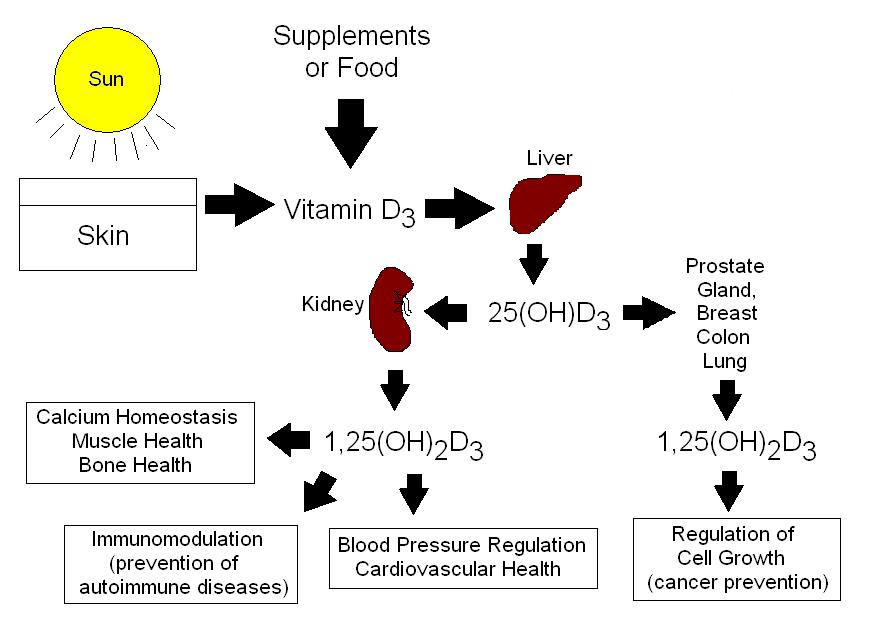 If vitamin K was causing cancer, we would expect to see the same association in other groups of children. Scientists looked to see if they could find the same association in other children, but this association between vitamin K and childhood cancer was never found again in any other study.
If vitamin K was causing cancer, we would expect to see the same association in other groups of children. Scientists looked to see if they could find the same association in other children, but this association between vitamin K and childhood cancer was never found again in any other study.
Q: Can the other ingredients in the shot cause problems for my baby? Do we really know that the vitamin K shot is safe?
A: Yes, the vitamin K shot is safe. Vitamin K is the main ingredient in the shot. The other ingredients make the vitamin K safe to give as a shot. One ingredient keeps the vitamin K mixed in the liquid; another keeps the liquid from being too acidic. One of the ingredients is benzyl alcohol, a preservative. Benzyl alcohol is a common ingredient in many medications.
In the 1980s, doctors recognized that very premature infants who were in neonatal intensive care units might become sick from benzyl alcohol toxicity because many of the medicines and fluids needed for their intensive care contained benzyl alcohol as a preservative. Although the toxicity was only reported for very premature infants, since then doctors have tried to minimize the amount of benzyl-alcohol-containing medications they give. Clearly, the small amount of benzyl alcohol in the vitamin K shot is not enough to be dangerous, even when given in combination with other medications that also contain small amounts of this preservative.
Although the toxicity was only reported for very premature infants, since then doctors have tried to minimize the amount of benzyl-alcohol-containing medications they give. Clearly, the small amount of benzyl alcohol in the vitamin K shot is not enough to be dangerous, even when given in combination with other medications that also contain small amounts of this preservative.
Q: The dose of the shot seems high. Is that too much for my baby?
A: No, the dose in the vitamin K shot is not too much for babies. The dose of vitamin K in the shot is high compared to the daily requirement of vitamin K. But remember babies don’t have much vitamin K when they are born and won’t have a good supply of vitamin K until they are close to six months old. This is because vitamin K does not cross the placenta and breast milk has very low levels of vitamin K.
The vitamin K shot acts in two ways to increase the vitamin K levels. First, part of the vitamin K goes into the infant’s bloodstream immediately and increases the amount of vitamin K in the blood. This provides enough vitamin K so that the infant’s levels don’t drop dangerously low in the first few days of life. Much of this vitamin K gets stored in the liver and it is used by the clotting system. Second, the rest of the vitamin K is released slowly over the next 2-3 months, providing a steady source of vitamin K until an infant has another source from his or her diet.
This provides enough vitamin K so that the infant’s levels don’t drop dangerously low in the first few days of life. Much of this vitamin K gets stored in the liver and it is used by the clotting system. Second, the rest of the vitamin K is released slowly over the next 2-3 months, providing a steady source of vitamin K until an infant has another source from his or her diet.
Q: Can I increase vitamin K in my breast milk by eating different foods or taking multivitamins or vitamin K supplements?
A: We encourage moms to eat healthy and take multivitamins as needed. Although eating foods high in vitamin K or taking vitamin K supplements can slightly increase the levels of vitamin K in your breast milk, neither can increase levels in breast milk enough to provide all of the vitamin K an infant needs.
When infants are born, their already low levels of vitamin K fall even lower. Infants need enough vitamin K to (a) make up for their extra-low levels, (b) start storing it in the liver for future use, and (c) ensure good bone and blood health.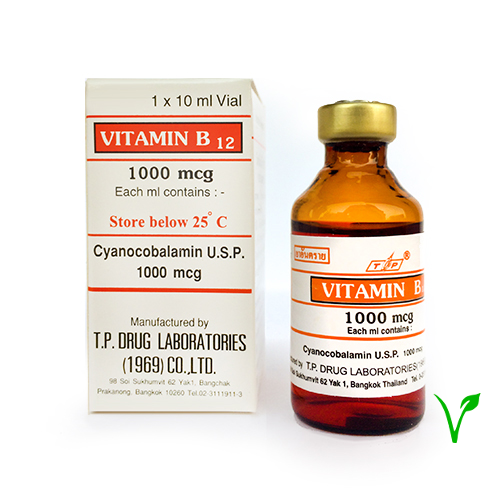 Breast milk – even from mothers supplementing with vitamin K sources – can’t provide enough to do all of these things.
Breast milk – even from mothers supplementing with vitamin K sources – can’t provide enough to do all of these things.
Q: My baby is so little. What can I do to make the vitamin K shot less painful and traumatic?
A: Babies, just like us, feel pain, and it is important to reduce even small amounts of discomfort. Babies feel less pain from shots if they are held and allowed to suck.You can ask to hold your baby while the vitamin K shot is given so that your baby can be comforted by you. Breastfeeding while the shot is given and immediately after can be comforting too. All of these are things parents can do to ease pain and soothe their baby.
Remember that if your baby does not get the vitamin K shot, his or her risk of developing severe bleeding is 81 times higher than if he or she got the shot. Diagnosis and treatment of VKDB often involves many painful procedures, including repeated blood draws.
Q: Overall, what are the risks and benefits of the vitamin K shot?
The risks of the vitamin K shot are the same risks that are part of getting most any other shot. These include pain or even bruising or swelling at the place where the shot is given. A few cases of skin scarring at the site of injection have been reported. Only a single case of allergic reaction in an infant has been reported, so this is extremely rare.
Although there have been concerns about some other risks, like a risk for childhood cancer or risks because of additional ingredients, none of these risks have been proven by scientific studies.
The main benefit of the vitamin K shot is that it can protect your baby from VKDB, a dangerous condition that can cause long-term disability or death. In addition, the diagnosis and treatment of VKDB often includes multiple and sometimes painful procedures, such as blood draws, CT scans, blood transfusions, or anesthesia and surgery.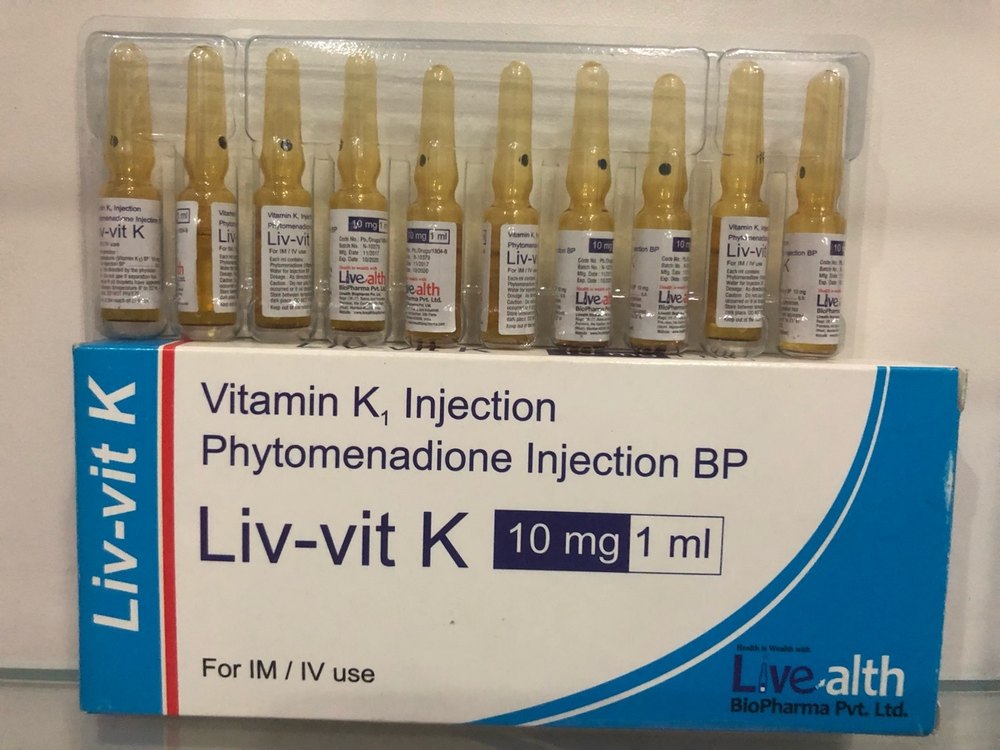
The American Academy of Pediatrics has recommended the Vitamin K shot since 1961, and has repeatedly stood by that recommendation because the risks of the shot don’t outweigh the risks of VKDB, which are based on decades of evidence and decades of experience with babies who were hospitalized or died from VKDB.
Your child’s doctor is the best person to talk to about vitamin K. Like you, your child’s doctor wants to see your children grow up safe and healthy and wants to support your efforts to make the best decisions for their health. If you have concerns about vitamin K, talk to your child’s doctor.
Vitamin K and newborn babies
Summary
Read the full fact sheet- Vitamin K is needed for blood clotting.
- Newborn babies are given vitamin K injections to prevent a serious disease called haemorrhagic disease of the newborn (HDN).

- Vitamin K can be given by mouth if preferred, but oral doses aren’t as effective.
Vitamin K is needed by humans for blood clotting. Older children and adults get most of their vitamin K from bacteria in the gut, and some from their diet. Without enough vitamin K, small cuts can go on bleeding for a very long time and big bruises can happen from small injuries. Bleeding can also occur in other parts of the body, such as the brain (causing one type of stroke).
Babies have very little vitamin K in their bodies at birth. Vitamin K does not cross the placenta to the developing baby, and the gut does not have any bacteria to make vitamin K before birth. After birth, there is little vitamin K in breast milk and breastfed babies can be low in vitamin K for several weeks until the normal gut bacteria start making it. Infant formula has added vitamin K, but even formula-fed babies have very low levels of vitamin K for several days.
With low levels of vitamin K, some babies can have very severe bleeding - sometimes into the brain, causing significant brain damage.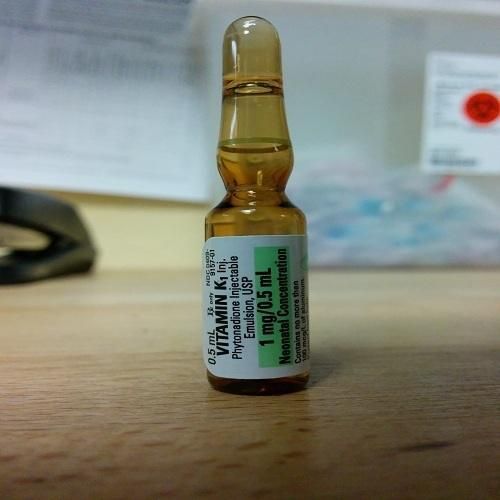 This bleeding is called haemorrhagic disease of the newborn (HDN).
This bleeding is called haemorrhagic disease of the newborn (HDN).
For more than 20 years, all newborn babies have been given vitamin K at birth, by injection. This has been found to be very safe, and HDN was not seen in Australian babies. However, although the program was in place to give the injections, most parents did not get any information about the injection and why it was given. When some concern about its safety was published in an international journal, there was a considerable outcry - not so much about its safety (it was quickly shown to be both safe and effective), but about the fact that parents were not given information about the need for the injection, or given the opportunity to make an informed decision about an injection given to their baby.
Vitamin K injections or drops
For a short time, when concerns were first raised about the safety of vitamin K injections, parents were given information to make an informed decision and they were offered the opportunity to have their babies given vitamin K by drops, rather than injection.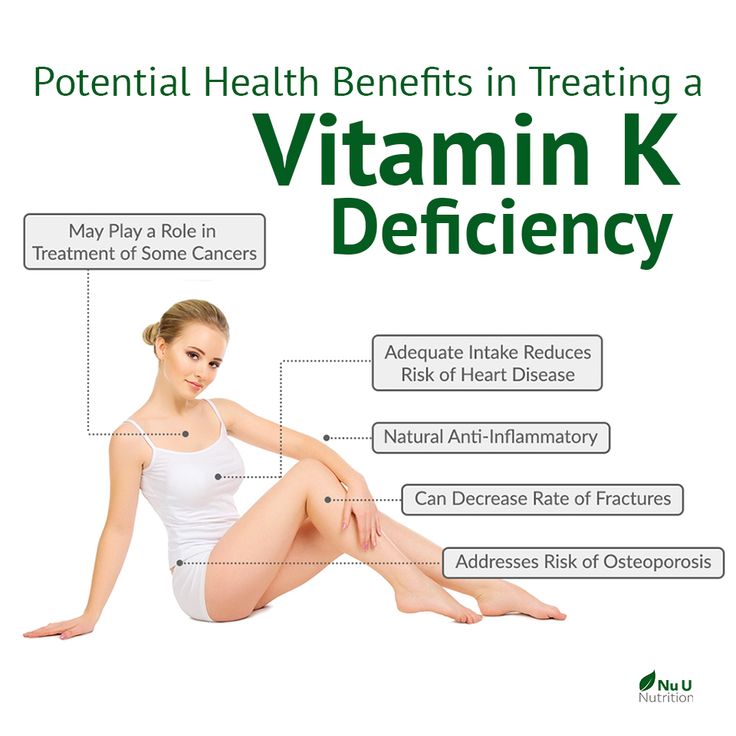 Two doses of drops were needed for all babies (one at birth and one 3 to 5 days later), and another in the fourth week, if the baby was breastfed.
Two doses of drops were needed for all babies (one at birth and one 3 to 5 days later), and another in the fourth week, if the baby was breastfed.
During the time that many babies were getting vitamin K by drops, several babies in Australia had severe episodes of bleeding, which were probably due to HDN. It seemed very clear that getting vitamin K by one injection is safer and more effective than by three sets of drops.
Parents have a choice
Parents do not have to allow their baby to have a vitamin K injection, but it is very strongly recommended that they do give permission for it. Vitamin K injections have been routinely given in Australia for over 20 years, with no ill effects at the time of the injection, or later. Some babies have a slight soreness for a day or so at the injection site. Vitamin K injections remain the best preventive measure for reducing the risk of haemorrhagic disease of the newborn.
Child Health Record
When a baby is given vitamin K by injection or oral dose, this needs to be recorded in the child’s Health Record. The Victorian Child Health Record is given free of charge to parents after the birth of their baby.
The Victorian Child Health Record is given free of charge to parents after the birth of their baby.
Where to get help
- Your doctor
- Maternity hospital
- Maternal and child health nurse
Things to remember
- Vitamin K is needed for blood clotting.
- Newborn babies are given vitamin K injections to prevent a serious disease called haemorrhagic disease of the newborn (HDN).
- Vitamin K can be given by mouth if preferred, but oral doses aren’t as effective.
This page has been produced in consultation with and approved by:
Why a newborn needs a vitamin K shot
Most newborns receive their first hepatitis B shot in the hospital.
They also get regular vitamin K shots.
But what is vitamin K and do newborns really need it?
CHILD HEALTH: LEARN MORE ABOUT MEDICHILD by visiting the EMERGENCY EXPO booth
What does vitamin K do?
Vitamin K is a fat-soluble nutrient that helps our bodies form blood clots. We need to blot the clots to stop the bleeding.
We need to blot the clots to stop the bleeding.
Vitamin K is also important for bone health.
Adults and older children get their vitamin K from foods such as greens, leafy vegetables, meats, dairy products, and eggs.
The healthy bacteria in our gut that make up our microbiome also produce some vitamin K.
However, babies have very little vitamin K at birth.
This puts them at risk of bleeding.
Fortunately, VKDB is easily prevented with a vitamin K shot.
An injection is given in your baby's thigh within 6 hours of birth.
One shot is enough to protect your baby from bleeding due to vitamin K deficiency.
This is why we, as pediatricians, have recommended that all newborns receive a vitamin K vaccine at birth since 1961.
Why aren't babies born with enough vitamin K?
Two main reasons newborns need vitamin K:
- They do not get much vitamin K from their mother during pregnancy.
 Unlike many other nutrients, vitamin K does not cross the placenta very easily.
Unlike many other nutrients, vitamin K does not cross the placenta very easily. - Babies don't have a lot of bacteria in their intestines, so they can't produce enough vitamin K.
What is bleeding due to vitamin K deficiency?
Newborns who do not receive vitamin K vaccination and have low vitamin K levels are at risk of bleeding due to vitamin K deficiency (VKDB).
This happens when the baby's blood cannot clot and the body cannot stop the bleeding.
Bleeding may occur outside the body.
This can also happen inside the body where the parents cannot see it.
The child may bleed in the intestines or brain before the parents know something is wrong.
Cerebral hemorrhage occurs in about half of all children who develop VKDB and can lead to brain damage or death.
There are three types of bleeding due to vitamin K deficiency:
- Early onset: this starts within the first 24 hours after birth.
 This usually occurs when the mother is taking certain medications that interfere with vitamin K production.
This usually occurs when the mother is taking certain medications that interfere with vitamin K production. - Classic: This occurs between 2 days and 1 week after birth. Doctors don't know exactly what causes most of these cases. Early onset and classic VKDB occur in 1 in 60 to 1 in 250 newborns.
- Late onset: This occurs between 1 week and 6 months after birth. This is rarer than early or classic VKDB, occurring in 1 in 14,000 to 14,000 children. Infants who were not vaccinated with vitamin K at birth are 81 times more likely to develop late-onset VKDB than those who are vaccinated.
VKDB instances seem to be increasing.
This is partly due to the fact that more and more parents refuse to vaccinate their newborns with vitamin K.
VKDB is quite rare, so many parents do not know how dangerous the consequences of this disease can be.
Are vitamin K injections safe?
Yes, vitamin K shots are very safe.
Vitamin K by injection is stored in your child's liver and released slowly over several months.
This gives your child the vitamin K he needs until he can get it from solid food and make it on his own.
You may have heard of a 1990s study about a possible link between vitamin K vaccination and cancer in children.
It was not only the parents who worried; Both doctors and scientists were concerned.
Since then, experts have conducted many different studies to test this connection.
None of the studies have been able to find this link again.
Can my newborn get oral vitamin K instead?
Some parents may ask for oral vitamin K instead of an injection.
But babies can't take the oral form well, so it's not very good at preventing VKDB.
Vitamin K vaccination is the safest and best option for all newborns.
Does breastfeeding give my baby vitamin K?
Breast milk does give your baby some vitamin K.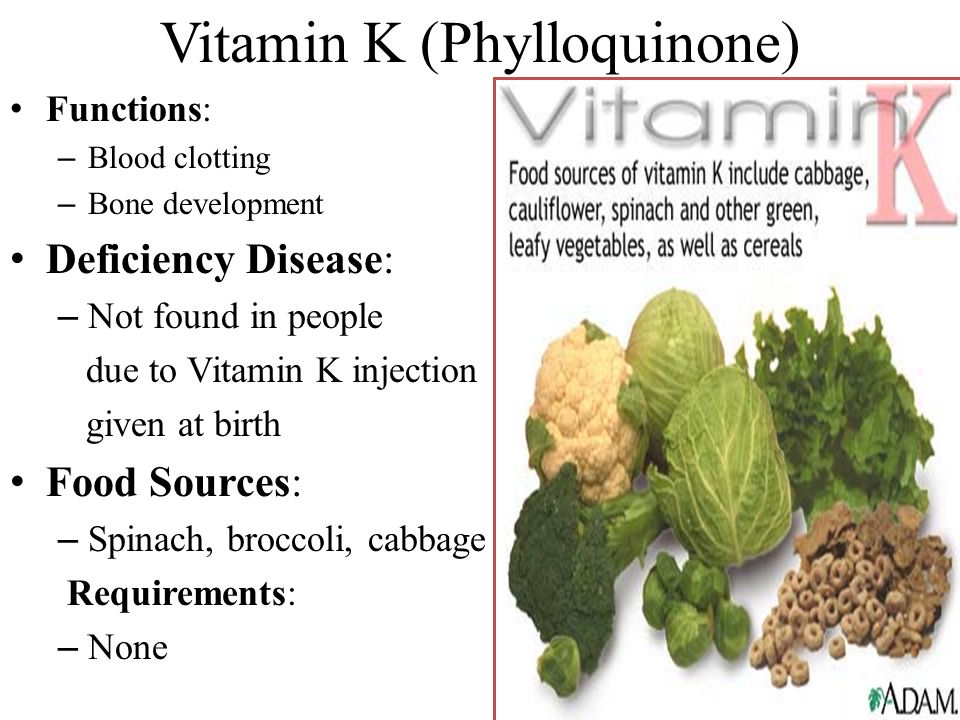
But that's not enough to prevent VKDB. Exclusively breastfed babies are at a higher risk of developing VKDB because they have low vitamin K levels.
This all changes when your baby is old enough to start eating solid foods, usually between 4 and 6 months of age.
The bacteria in your child's gut will also begin to produce vitamin K as soon as he starts eating solid foods.
What are the signs of bleeding due to vitamin K deficiency?
In most cases, there are no warning signs to notify you in advance that something serious and possibly life-threatening is happening.
- When children develop VKDB, they may have one or more of the following:
- Bleeding from the umbilical cord or nose
- Pale skin or, in dark-skinned children, pale gums
- Bruises easily, especially around face and head
- Bloody stools or black, dark, sticky stools
- Vomiting blood
- Yellow tinge to the whites of the eyes 3 weeks or more after birth
- Convulsions, irritability, excessive vomiting or too much sleep.
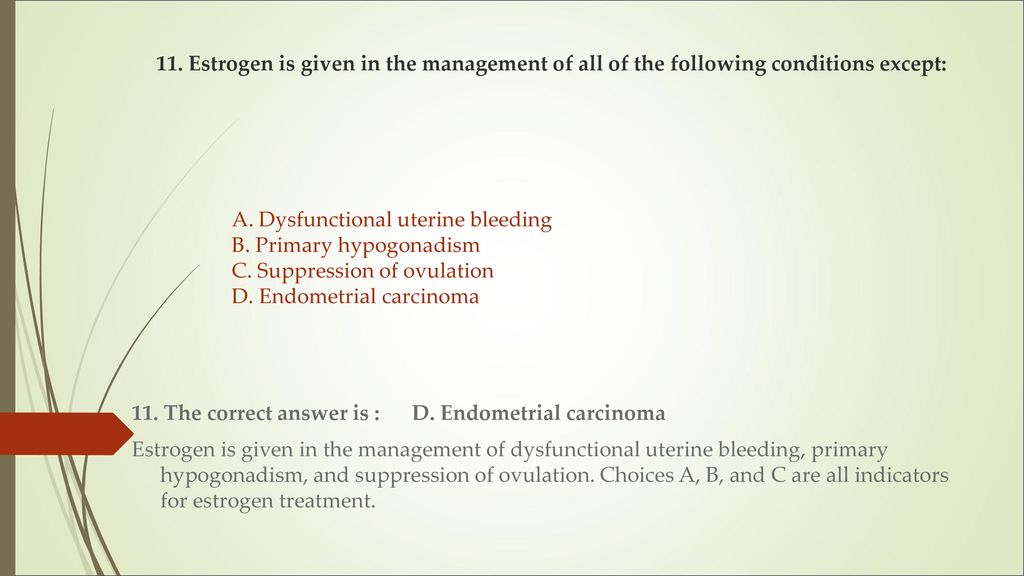
Read also:
Emergency Live More... Live: Download your newspaper's new free app for IOS and Android
Pediatrics/Relapsing Fever: Talking about auto-inflammatory diseases
Pediatrics, Diabetic Ketoacidosis: New PECARN Study Sheds Light
SCCM issues PANDEM guidelines for children and critically ill infants
Neonatal brain monitoring: what it is and why it is practiced in neonatal intensive care units
source:
Healthy babies
Why a newborn needs a vitamin K injection
Maria Maksimycheva
By Daily Baby
#newborn #health #vitamin K
Many expectant mothers have heard about such a procedure as the introduction of vitamin K to a newborn. Is it necessary to do this and why do children need it? We are sorting out the issue with the pediatrician-neonatologist Natalya Trofimovich.
Natalya Vladimirovna, what is vitamin K? What is it for?
Vitamin K is involved in blood clotting. It belongs to fat-soluble vitamins, just like vitamins A, D, E. Coagulation in Latin is “coagulation”, vitamin K is named after the first letter of this word. Without it, the synthesis of prothrombin protein in the liver and the formation of vitamin K- dependent coagulation factors.
It belongs to fat-soluble vitamins, just like vitamins A, D, E. Coagulation in Latin is “coagulation”, vitamin K is named after the first letter of this word. Without it, the synthesis of prothrombin protein in the liver and the formation of vitamin K- dependent coagulation factors.
There are several types of vitamin K, depending on how the body obtains it. We get vitamin K1 from green vegetables that we eat. It tends to accumulate in our body. K2 is synthesized by bacteria in the intestine. It participates in calcium-phosphorus metabolism. K3 - Vikasol - is an artificial analogue of vitamin K. Being water-soluble, it is converted in the body into natural vitamin K2.
Scientists have proven that newborns are deficient in vitamin K — it passes through the placenta in very small amounts. It is also very low in colostrum and mother's milk. In addition, the "sterile" gastrointestinal tract of the baby begins to be colonized by bacteria; the liver is just starting to work as a biochemical factory.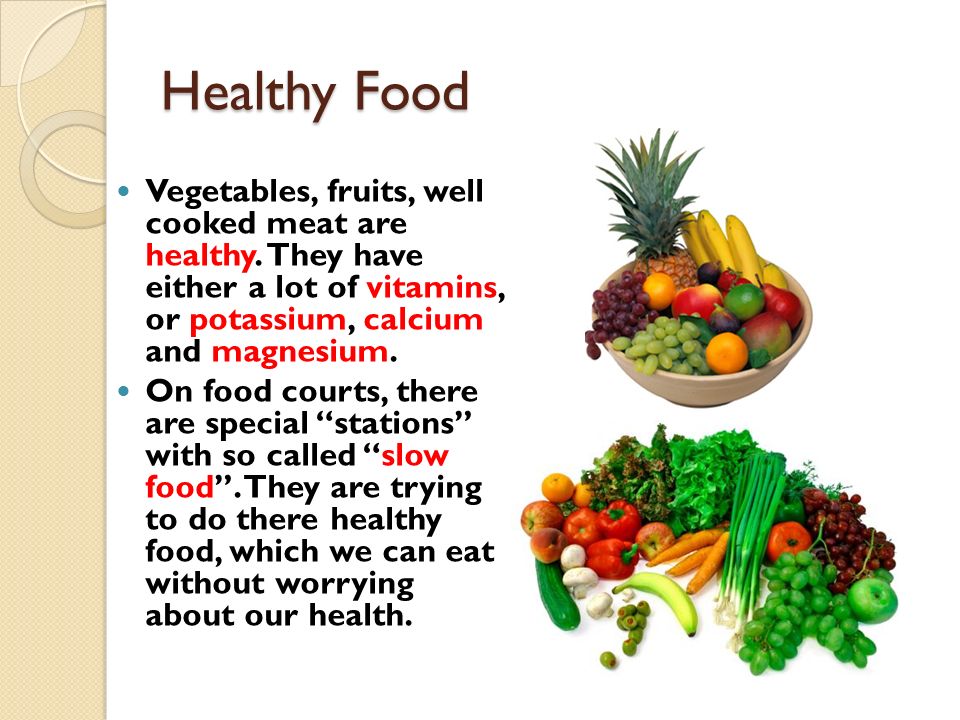 The vascular wall in a large number of children is so thin that it becomes permeable to blood.
The vascular wall in a large number of children is so thin that it becomes permeable to blood.
Why administer vitamin K to newborns?
It has been proven that on the 2nd-4th day of life, newborns have hypocoagulation - increased bleeding. This can manifest itself in the so-called hemorrhagic disease of the newborn.
It should be noted that in addition to the classical form - the 2nd and 4th days of life - there is also an early one - the 1st day - and a late one - at 1.5, 2 or even 6 months.
Hemorrhagic disorder, translated into a simpler language - bleeding, is caused precisely by a lack of vitamin K and vitamin-K-dependent blood coagulation factors in the body of a newborn.
As a rule, it is associated with various pathologies of pregnancy.
What are these pathologies? Which children should take vitamin K?
At risk are children whose mothers suffered from:
- toxicosis of pregnant women,
— intestinal dysbacteriosis,
— hepatosis of pregnant women,
— uteroplacental insufficiency,
- took some medications, for example, antibiotics, anticonvulsants, acetylsalicylic acid.
There is such a thing as a transient, "transitional", state of the intestines of newborn children - physiological dysbacteriosis, that is, intestinal sterility. The intestine begins to be populated by microflora only when passing through the birth canal and the first contact with the mother. This fact does not allow vitamin K to be synthesized in sufficient quantities in the first days of life. Assuming a healthy pregnancy and delivery, the child can normally endure such a transitional state.
However, prematurity, fetal malnutrition or low weight, birth trauma, forceps or vacuum extraction, intrauterine hypoxia and a number of other pathologies lead to hemorrhagic disorders with a high degree of probability.
What happens if vitamin K is not administered to a newborn at risk?
According to statistics, in 0.25-0.5% of newborns, a lack of vitamin K leads to internal bleeding in the first hours after birth. What can happen if preventive measures are not taken:
- gastrointestinal bleeding (melena),
- purpura - hemorrhage in the skin,
- cephalohematomas - limited subperiosteal hemorrhage in the parietal region,
- umbilical bleeding urgently requiring blood transfusion,
- finally, hemorrhages in the brain and internal organs with a fatal outcome.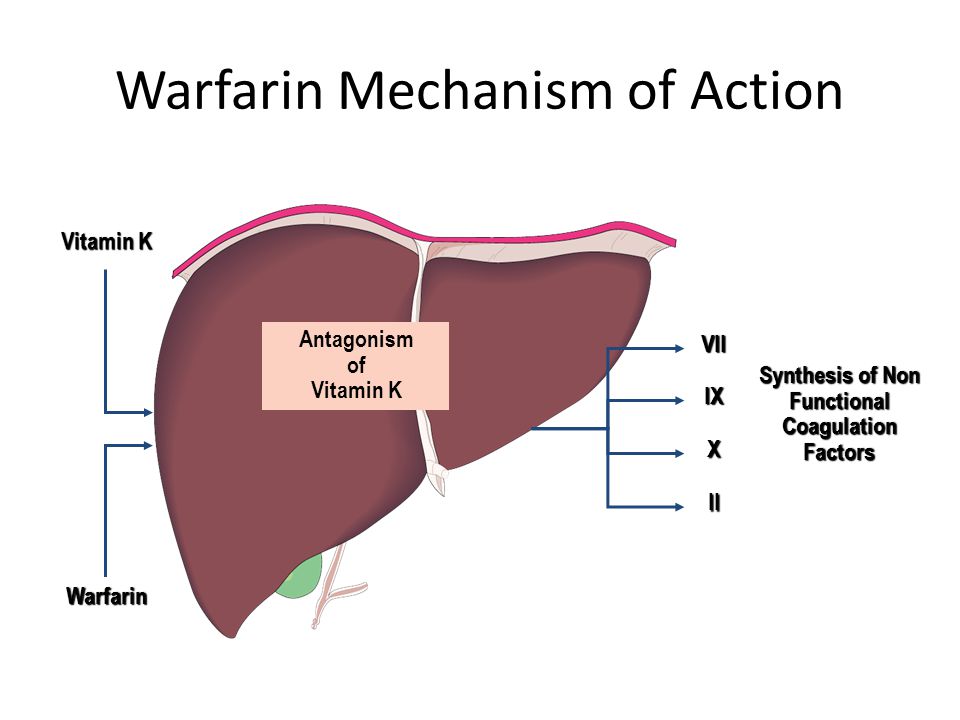
It should not be forgotten that there are also late manifestations of hemorrhagic disease - up to 6 months. Such a simple preventive measure as the introduction of a small dose of vitamin K reduces these risks to a minimum.
However, there is an alternative opinion among doctors - some believe that the introduction of vitamin K can have side effects. For example, there are doubts about the dose of the drug, the preservatives contained in it, and many people negatively perceive the very fact of the injection.
Vitamin K is actively used throughout the civilized world.
Moreover, many modern doctors in Russia believe that it should be administered to 100% of children, as is the case, for example, in Europe.
There is such a thing as evidence-based medicine. So, the introduction of vitamin K to prevent hemorrhagic disease has a level of evidence base "A", that is, the highest. In domestic neonatology, the experience of leading foreign countries is taken into account and the introduction of vitamin K is carried out according to indications.


